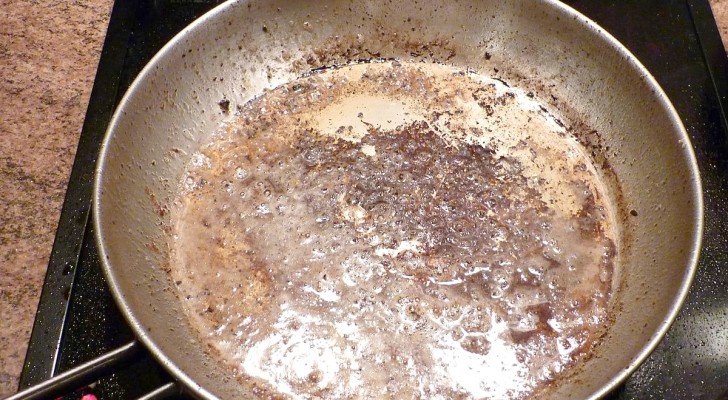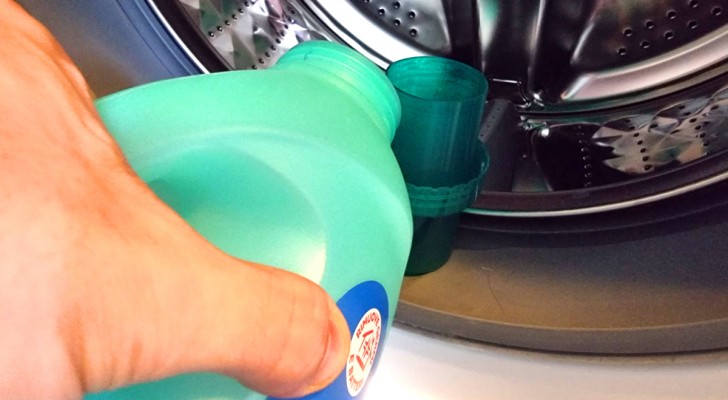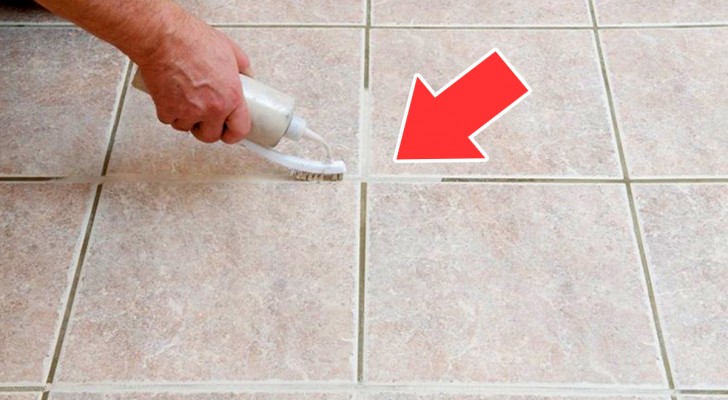Which egg is fresher between these two? Here's how to find out quickly
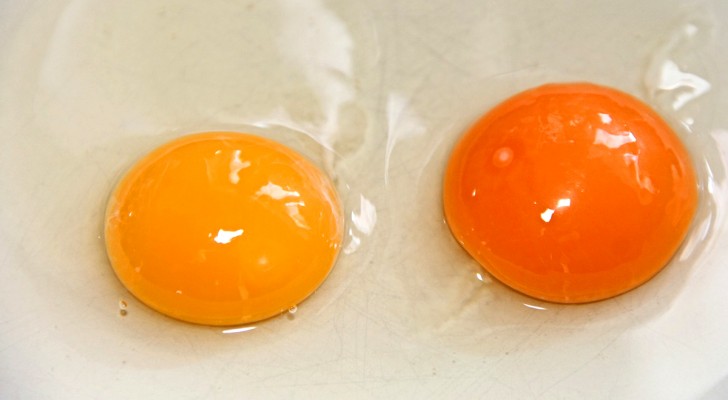
A healthy, balanced diet is important for everyone: eating well and in a healthy way is certainly vital for our well-being. So, you will probably pay close attention to what you buy when you go shopping: the types of products, calories, fats, etc. One of the elements to consider too are the expiration dates.
But sometimes it is not easy to make out these dates on the packaging. So, here we want to show you how to determine when eggs are still edible - and when they are not. Read on to find out more:
via Stockland
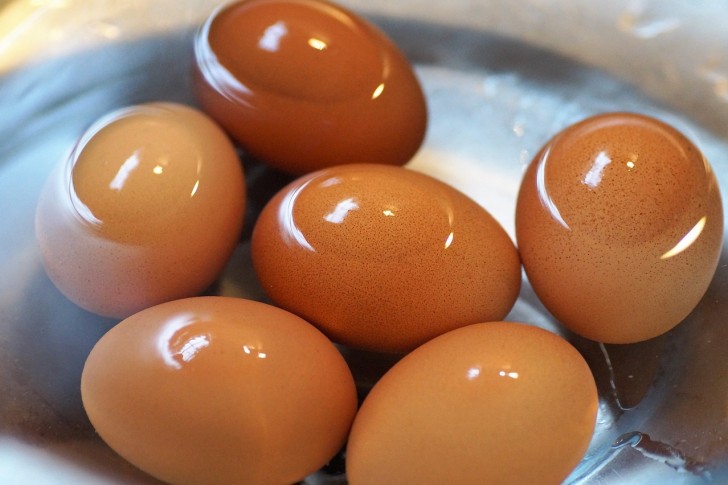
All food can "go bad" over time. And storing food correctly can certainly prolong its life.
But with some foods, you need to be even more vigilant and attentive than normal: eating certain expired/contaminated foodstuffs can cause serious illness.
Eggs are one of these foodstuffs. Eggs must always be bought and consumed when they are as "fresh" as possible. Of course, you should carefully look for the expiry date when you buy them, but there may be times when you forget to do this (or you can't read the dates). So, what should we do in these cases?
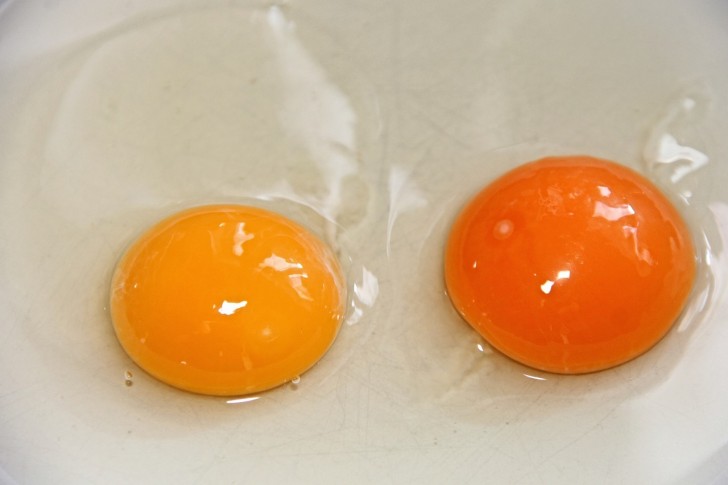
When you are at home and you are not sure about the status of an egg you are about to use, there are a few ways to determine whether the egg is good or not.
If your eggs are fresh, the "immersion test" will confirm this in seconds: you just need to immerse the eggs in a container full of water and observe what happens.
Older, and presumably expired eggs, will tend to float due an air pocket that has formed inside them over time, while the "good" eggs will sink to the bottom of the container!
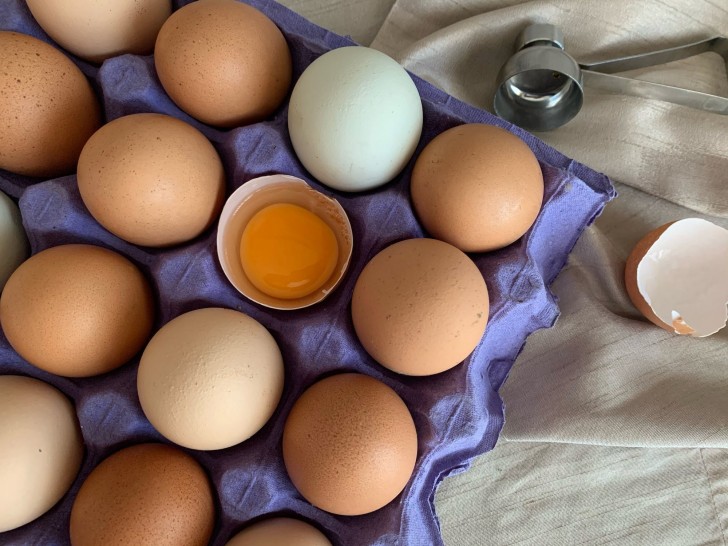
Another practical tip is to crack open the "suspect" eggs on a flat surface, and watch what happens: a "fresh" egg will show a voluminous and firm white surrounding the yolk;in a bad egg, the white will be more "flattened out" and tend to "flow away" from the yolk.
Finally, last but not least, trust your nose: carefully smell opened eggs and you will know immediately if an egg is good or not - a rotten egg will give off a putrid, sulfurous smell.
If an egg smells like this,do not hesitate to throw it away - your health is much more important than a wasted egg.

